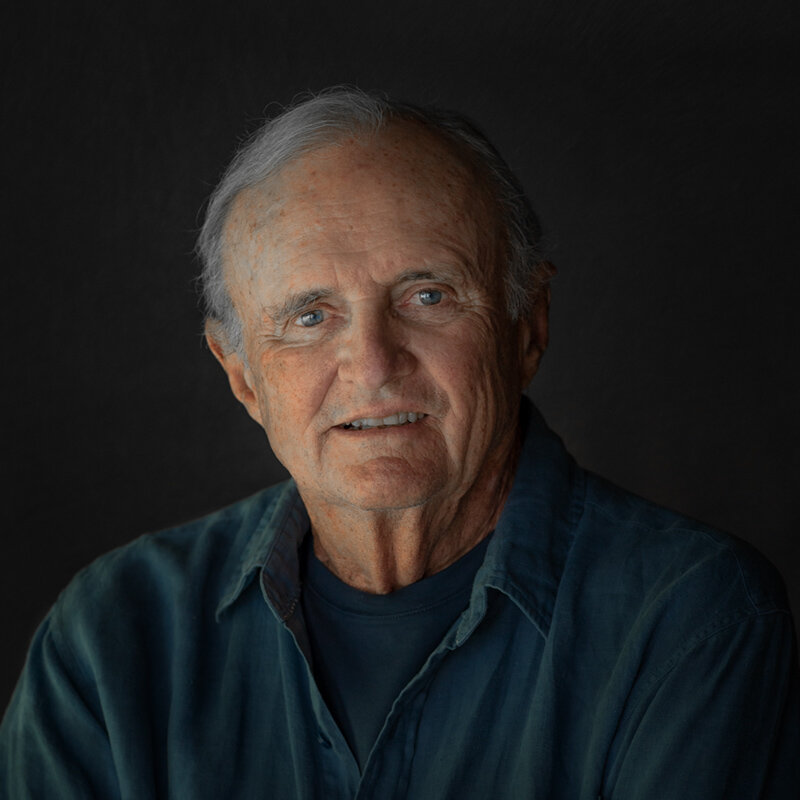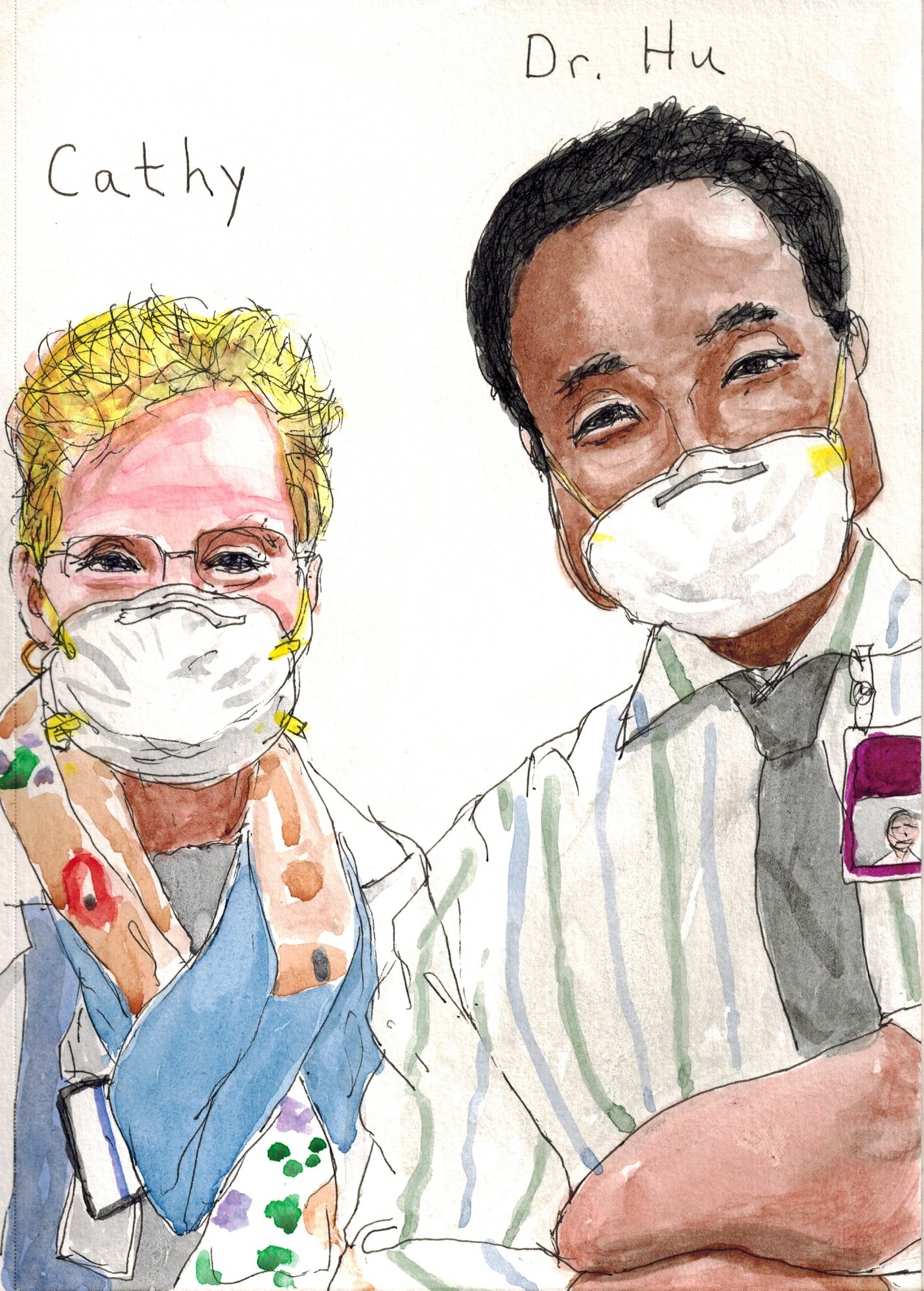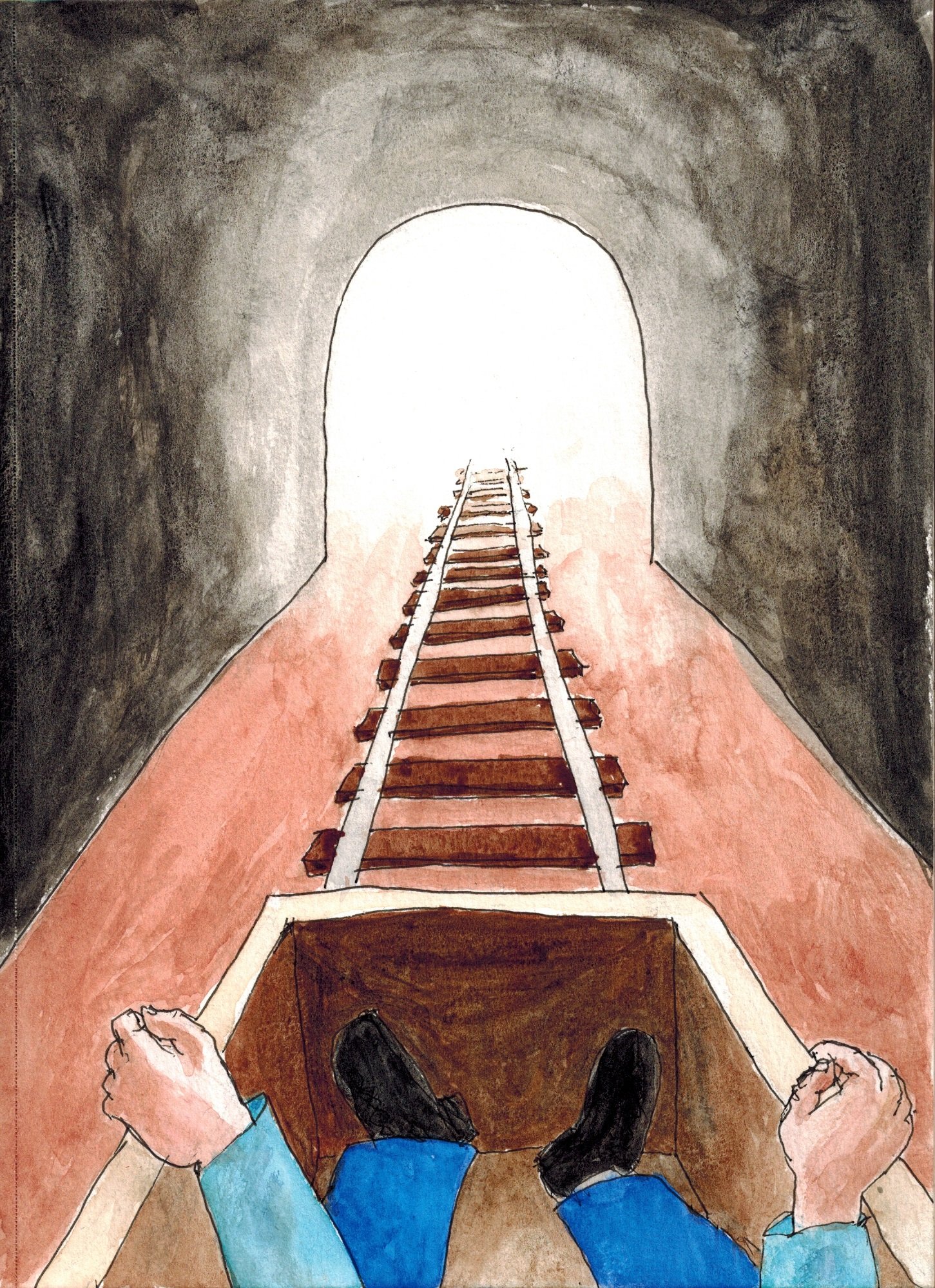Daly Walker is a retired surgeon. His short story “Resuscitation” appears in the Fall 2020 Intima.
In Dr. Krista Puttler’s short story “This Other Person” (Intima, Spring 2023), Edith is a difficult patient who has undergone a bilateral mastectomy for a pre-malignancy. Her recovery is complicated by a wound infection, continual pain, and finally by an accident that critically injures her. Skillfully woven throughout the tragic but provocative saga of Edith’s suffering is the thread of empathy shown to her by her caregivers:
“Mrs. Paul” the nurse said again.
“Yes?”
“Would you like me to call your doctor to see if you can get an extra onetime dose?”
“No, I’ll just sit here in misery. That’s fun for you guys, right? To watch patients in misery?”
“Oh no Ma’am.” The nurse took a step towards Edith’s covered leg, put her hand out as if to pat it over the blanket, stopped, then tucked her hair behind her ear. “We want you to get better, that is always our goal.”
It is this display of compassion, in spite of Edith’s demands and accusations, that binds the story together and gives it power. In the Fall 2023 issue of Intima, Dr. Leon Axel’s watercolor and ink drawings entitled “RT Journey” pay homage to the radiation therapy team that shepherded him through his “dark and difficult journey” on the way to recovery from throat cancer. By showing the caregivers’ kind eyes and the smiles behind their masks, Axel allows the viewer to peer into their souls and discover their humanity.
© Dr Hu and Cathy by Leon Axel FALL 2023 Intima
It is the intent of the narrative medicine movement to introduce art like “RT Journey” and stories such as “The Other Person” to healthcare workers, and by doing so, make them receptive to the role of empathy in their practice and improve the quality of the care they provide. Without question this is a noble objective. But does entering into a patient’s mind and feeling their emotion yourself really have therapeutic value? Also, can the ability to understand and share the feelings of another actually be acquired by exposing one’s self to art and literature?
A devotee of evidence-based medicine, I turned to the medical literature to see if scientific research supported the concept of empathy as a therapeutic adjunct. I found that indeed, empathy had been scientifically proven to have healing power. A study reported in The Annals of Family Practice demonstrated that patients with type 2 diabetes who scored their physicians high on an empathy rating scale had a lower risk of cardiovascular disease and a lower risk of mortality than those who gave their doctors a low empathy rating. Another study published in Patient Education and Counseling confirmed that a patient’s wellness was influenced by their physician’s attitude toward them. In this study, those receiving care for a common cold who gave their providers perfect empathy scores felt less severe symptoms, which mitigated in a shorter period of time.
Convinced that a healthcare provider’s empathy, as displayed in Puttler’s story and Axel’s watercolors, can truly enhance patient outcomes, I then wondered if a strong resolve to help a patient was a predetermined trait or could actually be acquired and enhanced by a caregiver’s exposure to the content of narrative medicine publications. I found the answer in a study published in PLOS One, a journal of science and medicine. The data collected by its researchers demonstrated that through the fictional narrative experience, readers internalized empathy and in doing so improved their interpersonal skills and enhanced their desire to reach out to others and help them. The research of psychologists Raymond Mar and Keith Oatley confirmed that “engaging in the simulative experiences of fiction literature can facilitate the understanding of others who are different from ourselves and can augment our capacity for empathy and social inference.” Other studies have shown that participation in medical school humanities courses correlates with improved empathy scores in doctors in training.
© Recovering by Leon Axel FALL 2023 Intima
Albert Switzer once wrote that “underlying empathy is a reverence for life that can be a strong motivator to preserve it.” Like Switzer, I too am convinced of the importance of empathy in the healing process. Patients who perceive their caregivers to be motivated by empathy get well faster, and reading stories like “This Other Person” or viewing paintings such as those in “RT Journey” can play a role in motivating health care workers to honor their patients and to share their pain and in doing so better help to relieve their suffering.—Daly Walker
Daly Walker is a retired surgeon. His fiction has appeared in numerous literary publications including The Sewanee Review, The Louisville Review, The Southampton Review, Catamaran Literary Reader, The Saturday Evening Post and The Atlantic Monthly. His work has been shortlisted for Best American Short Stories, a Pushcart Prize, and an O’Henry award. His collection of stories, Surgeon Stories, was published by Fleur-de-lis Press. A second collection of his stories is soon to be released. He divides his time between Boca Grande, Florida and Quechee, Vermont. He teaches a fiction writer’s workshop at Dartmouth College in Osher@Dartmouth’s summer program. His short story “Resuscitation” appears in the Fall 2020 Intima.



